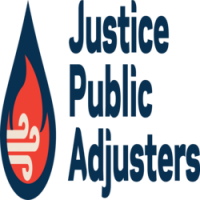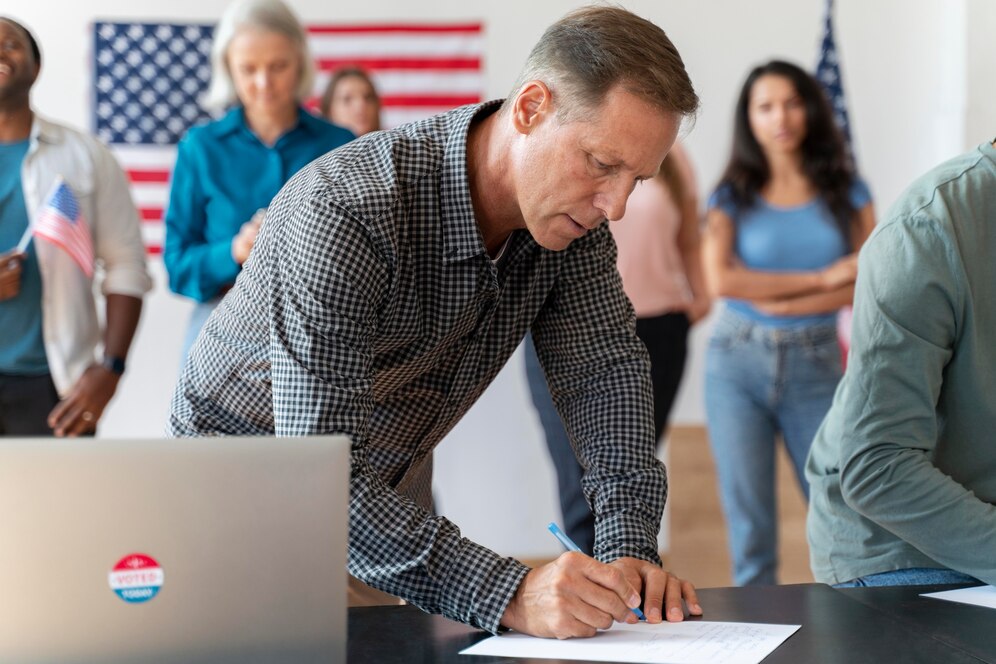The Ultimate Guide to Working with a Public Adjuster in Charlotte

Strong 8k brings an ultra-HD IPTV experience to your living room and your pocket.
Storms and hurricanes can devastate homes even in inland cities like Charlotte. After a major storm, filing an insurance claim can be stressful and complicated. A public adjuster in Charlotte is a licensed professional who works for you, the policyholder, to manage the claim from start to finish. As one local firm puts it, their team is “committed to helping businesses and homeowners manage the stressful insurance claims process when disaster strikes”. In this guide we explain what a public adjuster is, why hiring one in Charlotte after a hurricane can pay off, how the process works, and what to look for when choosing an adjuster.
What Is a Public Adjuster?
A public adjuster is an independent claims expert hired by a policyholder to settle an insurance claim. Unlike the adjuster your insurance company sends (who works for the insurer), a public adjuster works for you and has no relationship with your carrier. They review your policy, document all damage, prepare the claim paperwork, and negotiate with the insurance company. Public adjusters charge a fee (typically a percentage of the claim) but only get paid after you receive your settlement. It’s important to know they cannot get you more money than your policy allows – they can only help you recover all the coverage you’re entitled to. As the Insurance Information Institute notes, a public adjuster’s job is to help “settle an insurance claim on the policyholder’s behalf”
Why Hire a Public Adjuster in Charlotte After a Hurricane?
Hurricane-force winds and flooding can cause widespread damage (as seen above after Hurricane Maria). In Charlotte, tropical storms and hurricanes (or their remnants) can uproot trees, flood basements, and blow off roofs. In these situations, a public adjuster can be invaluable. They bring professional expertise and local knowledge to your claim and act as your advocate against the insurer. Key benefits include:
Specialized Expertise: Public adjusters are trained in insurance policy language and loss assessment. They know how to identify every covered damage and hidden cost. For example, they can spot policy coverages and losses you might overlook, ensuring all potential compensation is claimed.
Maximized Settlements: Studies show that homeowners represented by public adjusters often recover larger payouts. Research finds adjuster-assigned claims may cover repair costs “more fully than what your insurance company initially offers”. A skilled adjuster will press for all eligible funds, which means more money for your repairs.
Less Stress: The claims process can be complex and time-consuming. A public adjuster handles the paperwork, inspections, and all communication with the insurer. This removes much of the burden from you, letting you focus on returning home and rebuilding while they do the legwork.
Faster Resolution: An experienced adjuster can expedite your claim by proactively resolving documentation issues or disputes. They are familiar with claim timelines and push to move your case along, so you often get paid sooner than if you handled it alone.
Local Advocate: Charlotte adjusters live in the community and understand local building codes and weather patterns. They literally “level the playing field with the insurance company” on your behalf. In other words, they advocate for you, making sure the insurer’s adjuster can’t lowball your losses.
In short, after a hurricane hits Charlotte, hiring a public adjuster can turn a complicated, frustrating claim into a much smoother process. They work to ensure you get every dollar your policy allows, often yielding fairer settlements than you’d get on your own.
How the Public Adjuster Process Works
When you hire a Charlotte public adjuster, they typically follow a clear process to handle your hurricane claim:
Damage Assessment & Inspection: The adjuster visits your property to inspect all hurricane-related damage. They take detailed photos and notes of roof leaks, wind damage, flooding, and other losses. This thorough inspection is the foundation for your claim.
Documentation & Claim Preparation: They document every damaged item (fixtures, belongings, structural elements) and assemble estimates or receipts. The adjuster prepares an itemized claim, ensuring every loss is accounted for. They also handle all necessary paperwork and make sure the claim is filed correctly.
Claim Submission & Management: Once documentation is ready, the adjuster submits the claim to the insurer on your behalf. They keep track of deadlines and provide the insurance company with all required reports.
Negotiation with Insurer: The adjuster communicates directly with your insurance company, advocating for a fair interpretation of your policy. They point out overlooked damage and discuss additional coverages. According to experts, a public adjuster “handles all correspondence with the carrier” and makes sure every eligible damage is included.
Settlement & Review: When the insurer makes an offer (or denies certain items), the adjuster reviews it carefully. If the payout is too low, they will negotiate further or provide additional evidence. The goal is to secure a settlement that fully covers the repairs. The adjuster will then explain the final offer to you and help you decide whether to accept it.
Throughout the process, a quality adjuster will keep you informed. As one North Carolina adjuster notes, a public adjuster “will guide you through every step of the claims process,” documenting evidence and handling negotiations so you don’t have to. In practice, you should expect your adjuster to provide regular updates and transparency until the claim is resolved.
What to Look for in a Charlotte Public Adjuster
When choosing a public adjuster after a hurricane, it’s crucial to vet them carefully. Here are key factors:
North Carolina License: Make sure the adjuster is licensed in NC. You can verify any adjuster’s credentials on the North Carolina Department of Insurance website. Only work with someone in good standing with the state.
Fee Structure: Ask about fees upfront. By North Carolina law, public adjusters cannot charge upfront fees, and for catastrophic claims (like hurricanes) the fee is capped (often 10% of the settlement). If an adjuster wants payment before work or promises a guaranteed outcome, walk away.
Track Record and Reputation: Look for adjusters with positive reviews, testimonials, or industry membership (for example, with NAPIA). Check the Better Business Bureau or consumer advocacy sites. The Insurance Information Institute advises checking references and BBB ratings when hiring. A trustworthy adjuster should also give you a clear written contract outlining their duties and your rights (NC law requires a written contract that can be canceled within a few days).
Experience with Storm Claims: Prefer an adjuster who has handled hurricane or windstorm claims in the Charlotte area before. They’ll know common pitfalls (such as special hurricane deductibles or building codes) and have local vendor contacts. Experience often translates into faster, more efficient claims handling.
Communication: Choose someone who communicates well and answers your questions. You want an adjuster who will keep you updated and explain things clearly, so you never feel in the dark about your own claim.
By confirming these credentials and asking the right questions, you can find a qualified Charlotte public adjuster who will fight for your best interests. In summary, hiring a skilled public adjuster in Charlotte after a hurricane can greatly improve your chances of getting a full, fair insurance settlement. As one expert notes, “Hiring a public adjuster in North Carolina is a smart way to ensure you receive a fair and timely settlement”. For Charlotte homeowners and business owners, working with a knowledgeable public adjuster means you don’t have to face the insurer alone. With a trusted advocate at your side, you can focus on recovery while your adjuster maximizes your claim under the hurricane policy. Remember to verify their license and references, and you’ll be well on your way to a smoother claims process.
Note: IndiBlogHub features both user-submitted and editorial content. We do not verify third-party contributions. Read our Disclaimer and Privacy Policyfor details.






